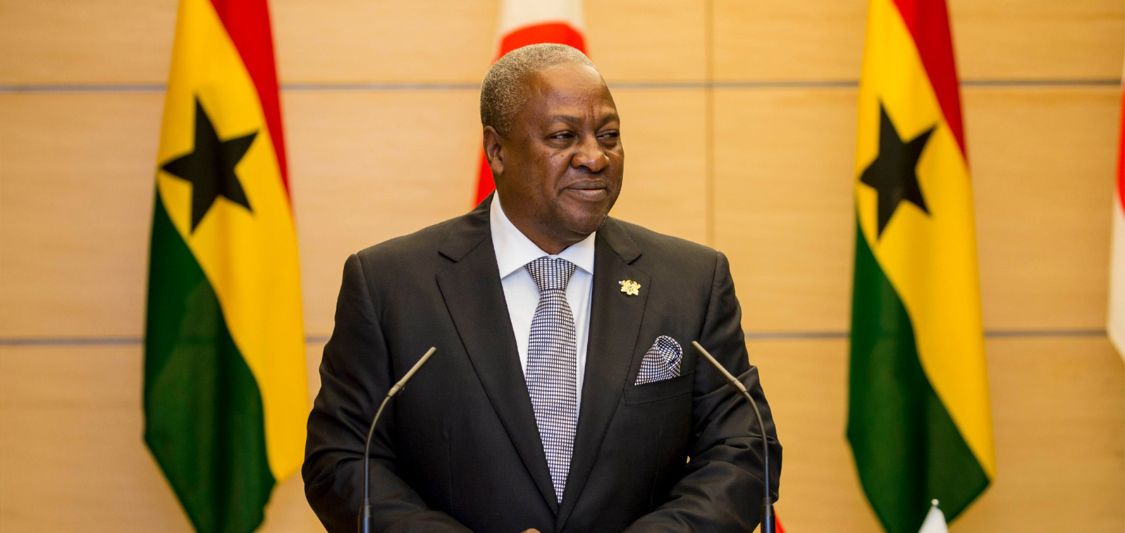Prime Highlights
- President John Dramani Mahama will host the Africa Health Sovereignty Summit on August 5 in Accra.
- The most important results are the Accra Initiative, Accra Compact, and launch of the SUSTAIN Initiative.
Key Fact
- Africa reached a 50% reduction in child mortality since 1990 and a 40% reduction in maternal mortality since 2000.
- But increasing health system vulnerabilities demand African-led reforms of global health governance.
Key Background
Africa Health Sovereignty Summit, led by President John Dramani Mahama, is happening on August 5, 2025, in Accra, Ghana. It convenes African heads of state, policymakers, and global health leaders to position the continent differently in decision-making in governance and health. The title, “African Health Sovereignty in a Reimagined Global Health Governance Architecture,” itself is a fervent call for structural change.
Africa has done well for public health in the last few decades, reducing children’s mortality by half and that of mothers by considerable percentages. Still, the continent increasingly grapples with new frailties—predominantly owing to declining donor levels of support, rising health dangers, and static global frameworks. The summit reiterates that only through adequately funded, country-led health systems can genuine health security be realized.
The summit will launch the Accra Initiative, a policy document that encourages inclusive leadership, health sovereignty, and shared ownership. This will be complemented with the SUSTAIN Initiative, which will propel investment through local and private sector partnership. There will be a significant deliverable in the form of the Accra Compact, which will see a common African position for global health system reform.
One of the main spotlights will be on the launching of a Presidential High-Level Panel, which will have the role of creating a new paradigm for African-based global health governance. President Mahama’s background in navigating the 2014 Ebola outbreak and his leadership position in taking the issues of global health equity seriously make him a critical voice in the redefinition of Africa’s future in terms of health.
This summit represents a sensational turning point of African leadership in health, when the continent is no longer an aid-taker but a proactive builder of global health transformation.





